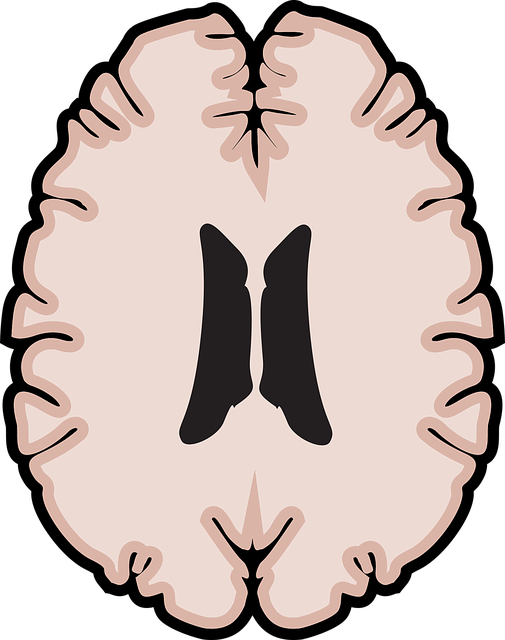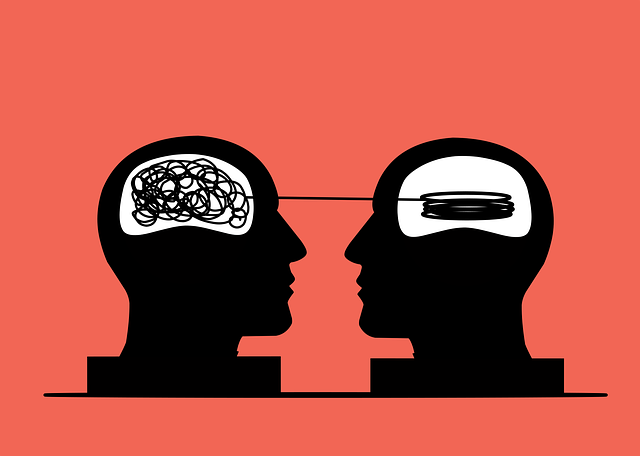Littleton Major Life Transitions Therapy offers a holistic, evidence-based approach to mental health support during significant life changes. Combining cognitive behavioral therapy, mindfulness practices, and social skills training, this specialized program empowers clients to manage anxiety, regulate emotions, and build resilience. With a focus on cultural competency and tailored coping strategies, the therapy center helps individuals overcome immediate transition stresses and equips them with lifelong skills for improved mental well-being, even in conservative communities like Littleton.
Navigating mental illness is a complex journey, often marred by stigma and confusion. This comprehensive guide aims to demystify the process with a focus on Littleton Major Life Transitions Therapy, a proven approach for managing significant challenges. We explore various aspects, from understanding diagnoses to cultivating resilience. By delving into therapy options, treatment plans, and support systems, this article empowers individuals to take control of their mental health. Discover practical insights and learn how Littleton Major Life Transitions Therapy can guide you towards a brighter, more resilient future.
- Understanding Mental Illness Diagnoses: A Comprehensive Guide
- The Role of Therapy in Navigating Life Transitions with Littleton Major Life Transitions Therapy
- Treatment Options: Exploring Effective Approaches for Recovery
- Building Support Systems: Overcoming Stigma and Cultivating Resilience
Understanding Mental Illness Diagnoses: A Comprehensive Guide

Understanding Mental Illness Diagnoses: A Comprehensive Guide
Mental illness diagnoses can seem daunting, but with the right guidance, individuals can navigate this journey towards recovery and emotional well-being. At our Littleton therapy center, we specialize in assisting folks through major life transitions, offering tailored support for each unique situation. Our experienced therapists employ evidence-based practices to help clients gain insights into their mental health conditions, fostering self-awareness exercises that empower them to take charge of their emotional well-being.
We recognize the importance of healthcare provider cultural competency training in ensuring inclusive care. By promoting understanding and sensitivity to diverse backgrounds, we aim to create a supportive environment for all individuals seeking treatment. Whether facing anxiety, depression, or other mental health challenges, our comprehensive guide equips you with the knowledge needed to actively participate in your therapy journey, ultimately enhancing your overall well-being.
The Role of Therapy in Navigating Life Transitions with Littleton Major Life Transitions Therapy

Navigating life transitions can be particularly challenging for individuals living with mental illness. This is where Littleton Major Life Transitions Therapy steps in as a powerful tool. Beyond managing symptoms, therapy focuses on empowering clients to adapt and thrive during significant changes, such as moving to a new city, changing careers, or dealing with loss. Through evidence-based practices tailored to each individual’s unique needs, therapists help clients develop coping strategies and build resilience.
Integrating mental health policy analysis and advocacy into the therapeutic process further supports individuals in navigating systemic barriers. By fostering positive thinking and effective risk management planning for mental health professionals, Littleton Major Life Transitions Therapy offers a holistic approach. This comprehensive strategy not only aids in overcoming immediate transition-related stressors but also equips clients with lifelong skills to navigate future challenges, ultimately enhancing their overall well-being.
Treatment Options: Exploring Effective Approaches for Recovery

Treatment options for mental illness diagnosis vary widely, each designed to meet individual needs and preferences. Beyond traditional talk therapy, innovative approaches like Littleton Major Life Transitions Therapy have emerged as powerful tools for recovery. This holistic approach integrates various techniques such as cognitive behavioral therapy (CBT), mindfulness practices, and social skills training to address the complex nature of mental health challenges.
For individuals struggling with anxiety relief or emotional regulation, specialized programs can be life-changing. Social skills training, for instance, equips people with effective communication strategies, enhancing their ability to navigate relationships and manage stress triggers. By combining these evidence-based methods, therapists can tailor a comprehensive treatment plan that facilitates lasting improvement in mental well-being, empowering individuals to lead fulfilling lives.
Building Support Systems: Overcoming Stigma and Cultivating Resilience

Building supportive systems is a pivotal aspect of navigating mental illness. Overcoming stigma associated with seeking therapy, especially in conservative communities like Littleton, can be challenging but essential for prioritizing mental wellness. Encouraging open conversations about emotional struggles and normalizing therapy as a tool for managing life’s transitions can foster a culture of care. Social Skills Training and Emotional Regulation techniques, often incorporated into therapy, empower individuals to cope with stressors and build resilience.
By cultivating a network of understanding friends, family, and support groups, those facing mental health challenges gain a sense of belonging and reduced isolation. This collective effort not only provides immediate assistance during crises but also encourages consistent practice of self-care strategies. Ultimately, these efforts contribute to enhanced coping mechanisms, improved emotional regulation, and a greater capacity to navigate major life transitions with resilience.
Navigating mental illness is a complex journey, but with the right tools and support, individuals can overcome challenges and achieve recovery. This article has provided an in-depth look at various aspects of diagnosis, treatment, and building resilience through therapies like Littleton Major Life Transitions Therapy. By understanding different therapeutic approaches, fostering strong support systems, and embracing personal growth, those facing mental health issues can find their way to a brighter, more balanced life. Remember, seeking assistance is a sign of strength, and there are effective paths to healing and well-being.














